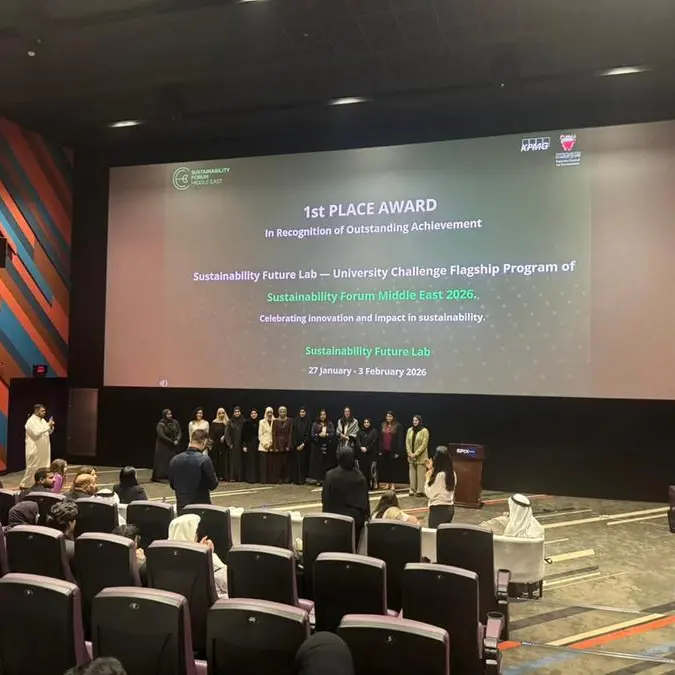PHOTO
Dubai, United Arab Emirates:- The third International Conference on Innovation and Sepsis Conference concluded yesterday in Dubai under the name "Tecnosepsis" held under the patronage of Prime Healthcare Group. The two-day event witnessed the participation of a distinguished gathering of healthcare experts from around the world, alongside prominent physicians from both the public and private sectors in the UAE.
The conference featured constructive dialogues and inspiring speeches envisioning the future of sepsis treatment and enhancing diagnostic approaches. Participants highlighted the role of artificial intelligence and advanced technologies such as nanotechnology in diagnosing early indicators of sepsis before the onset of actual symptoms and organ dysfunction. This contributes to rapid diagnosis and, consequently, protects patients from life-threatening complications.
Moreover, the conference issued important recommendations emphasizing the necessity of supporting developing countries in acquiring these diagnostic technologies already available in many advanced nations, including the UAE. The UAE is a pioneer in this field, committed to adopting the latest medical innovations to diagnose sepsis with utmost precision and improve therapeutic outcomes.
The conference also addressed the future of sepsis treatment, methods to enhance sepsis diagnosis, health condition management, and organ functions. It showcased the latest scientific advancements in the field, aiming to preserve lives and enhance bodily efficiency through various interactive dialogue sessions and discussions. The conference allowed participation either in person or remotely, facilitating engagement with speakers and experts.
Dr. Adel Alsisi, Group Chief Medical Officer & Chair of Intensive Care Unit at Prime Hospital, said "The conference over two days discussed optimal ways to save the lives of sepsis patients using advanced technologies such as artificial intelligence and nanotechnology. Our choice of the UAE to host this conference stems from its leadership in this field, aiming to gather experts from around the world in Dubai to support less developed countries and enable them to learn from the UAE's experience. "
The conference saw the participation of critical care medicine heads from the United States, alongside numerous local and international experts in healthcare from countries such as Argentina, Spain, Colombia, Panama, and Ecuador.
-Ends-




















